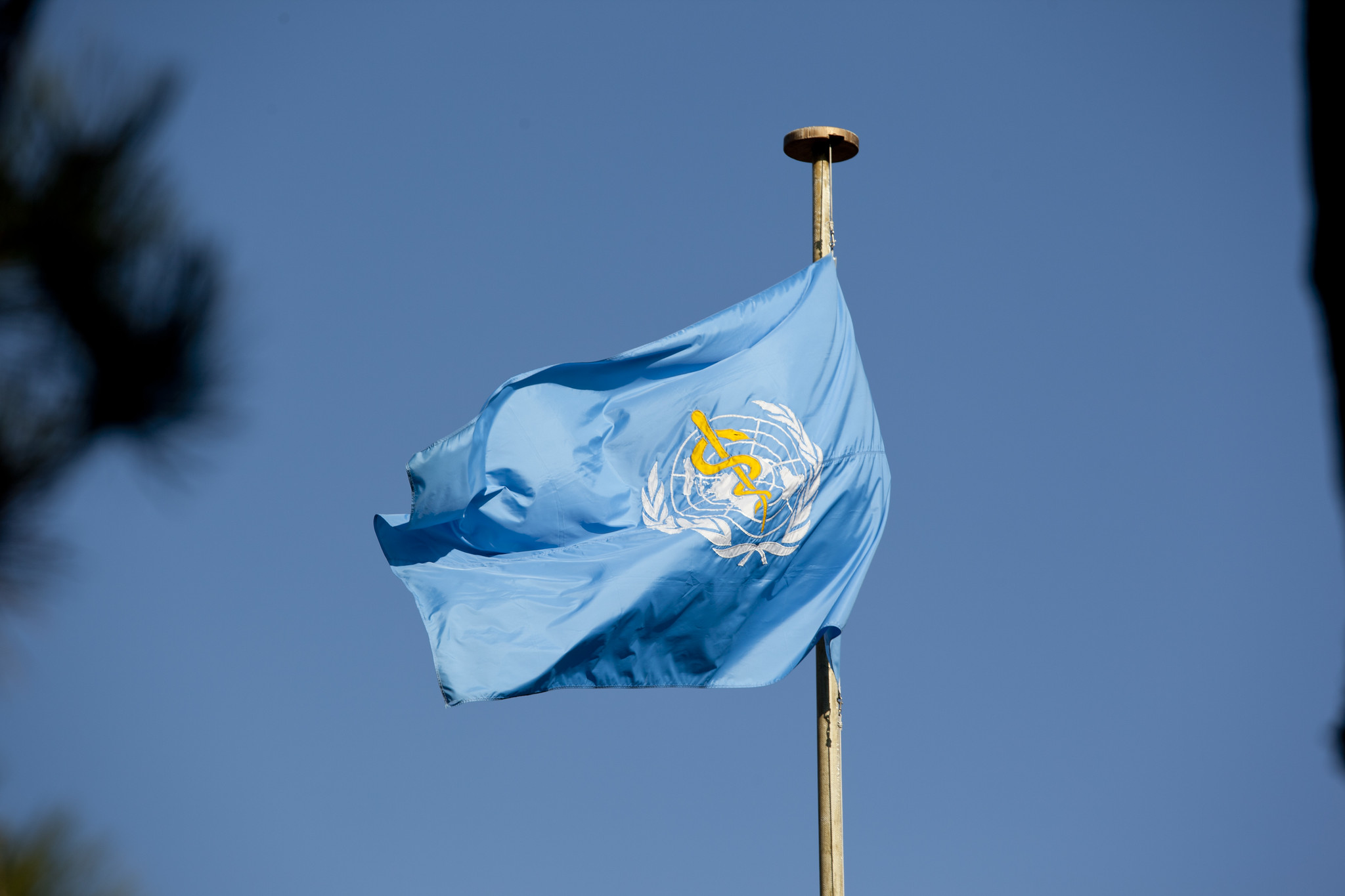
MANILA — The World Health Organization (WHO) has declared the new coronavirus (2019-nCoV) outbreak a public health emergency of international concern.
In a statement on Thursday, January 30, the WHO said its committee agreed that “the outbreak now meets the criteria for a public health emergency of international concern” and it proposed advice as temporary recommendations.
WHO defined a public health emergency of international concern as “an extraordinary event” constituting a “public health risk to other States through the international spread of disease and to potentially require a coordinated international response.”
Representatives of the Ministry of Health of the People’s Republic of China reported there are now 7,711 confirmed cases and 12,167 suspected cases in the country.
Of the confirmed cases, 1,370 are severe cases while 170 led to death.
About 124 people have recovered and have been discharged from hospitals.
Meanwhile, the WHO Secretariat reported that there are now 82 cases in 18 countries.
Only seven of these cases had no history of travel in China.
While there have been no deaths, one of the cases is severe.
It also reported about human-to-human transmission in three countries outside China.
“The committee believes that it is still possible to interrupt virus spread, provided that countries put in place strong measures to detect disease early, isolate and treat cases, trace contacts, and promote social distancing measures commensurate with the risk,” the WHO said, adding that strategic goals and measures are important as the situation evolves.
To rule out the ongoing hidden transmission, the WHO said its committee reiterated the importance of studying the possible source and the need for enhanced surveillance in regions outside Hubei, including pathogen genomic sequencing, to understand whether local cycles of transmission are occurring.
It also advised China to ensure the resilience of the health system and protect the health workforce, shares full data on all human cases and strengthen the efforts to identify a zoonotic source of the outbreak, and particularly the potential for ongoing circulation.
“Conduct exit screening at international airports and ports, with the aim of early detection of symptomatic travelers for further evaluation and treatment, while minimizing interference with international traffic,” it added.
As international exportation of cases has begun, the WHO committee advised all countries should be prepared for containment – active surveillance, early detection, isolation, and case management, contact tracing and prevention of the onward spread of 2019-nCoV infection – and to share full data with the organization.
“Evidence has shown that restricting the movement of people and goods during public health emergencies may be ineffective and may divert resources from other interventions. Further, restrictions may interrupt needed aid and technical support, may disrupt businesses and may have negative effects on the economies of countries affected by the emergencies,” the WHO said.
It advised the global community to demonstrate solidarity and cooperation in supporting each other on the identification of the source of this new virus, its full potential for human-to-human transmission, preparedness for potential importation of cases, and research for developing necessary treatment.
“Provide support to low- and middle-income countries to enable their response to this event, as well as to facilitate access to diagnostics, potential vaccines, and therapeutics,” it added.